As times are changing and workspaces are expanding and getting busier, the need for phones that provide flexibility so that you can work how you want is in high demand. If you need phones that will allow you to be able to move around, multitask and be able to use a combination of devices (desk phone, portable phone, headset) then portable phones are the way to go. The key phone technologies that enable portability are DECT single-cell or multi-cell and portable Wi-Fi. We have options available from Yealink and Grandstream.
What are the key differences between the three technologies?
DECT Single cell
- Multiple handsets that connect to one base station only.
- Typically, can connect 5-10 handsets to a station (it differs based on the model and manufacturer so important to check).
- Indoor range: 50 metres – can be extended with repeaters.
- Outdoor range: 300-400 metres if the base and handsets are in sight of each other.
Below are some of the options available in the Yealink and Grandstream range but reach out to us for assistance in scoping your opportunity.
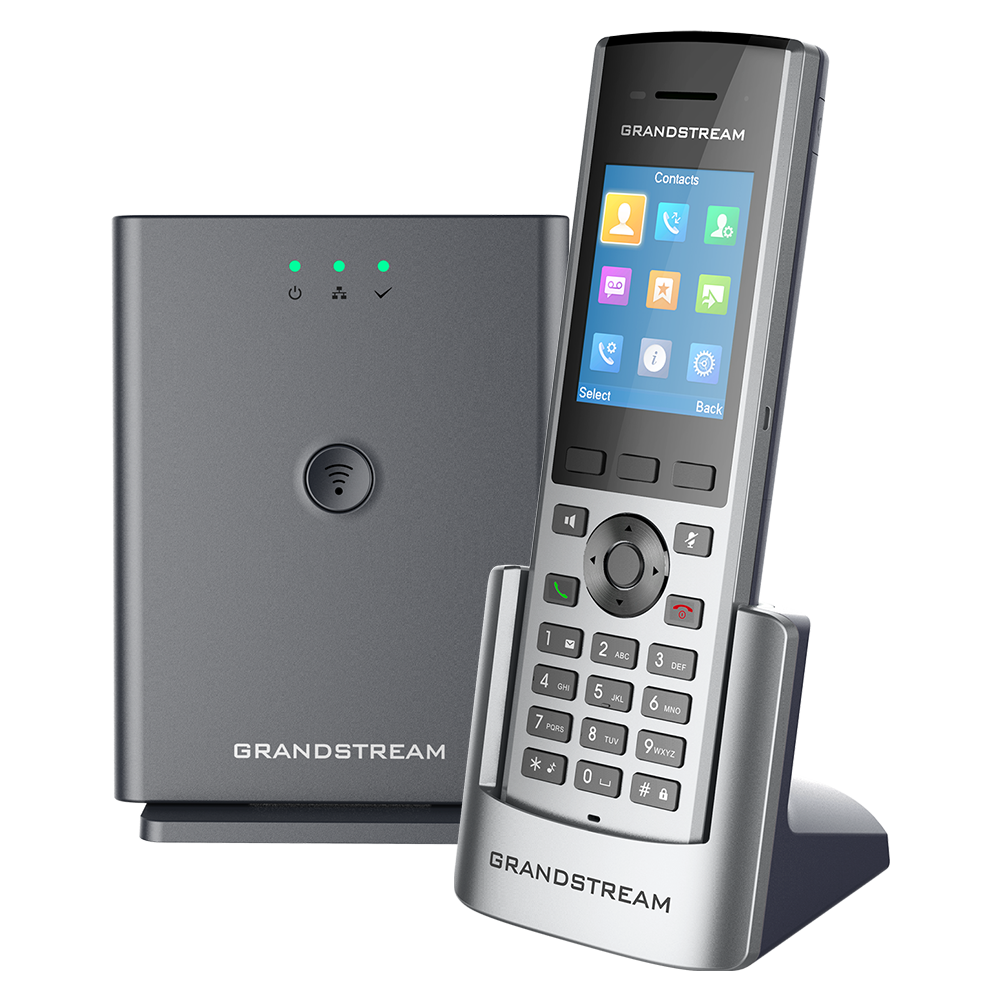
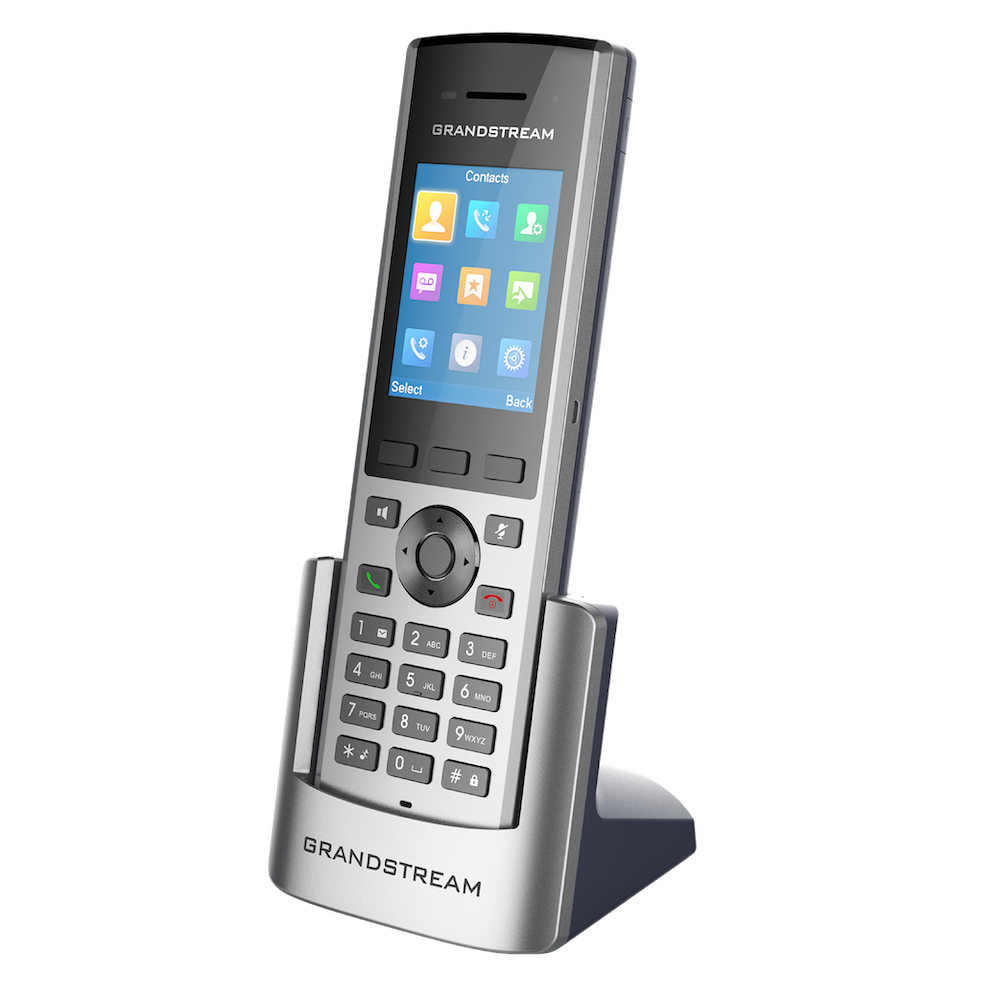
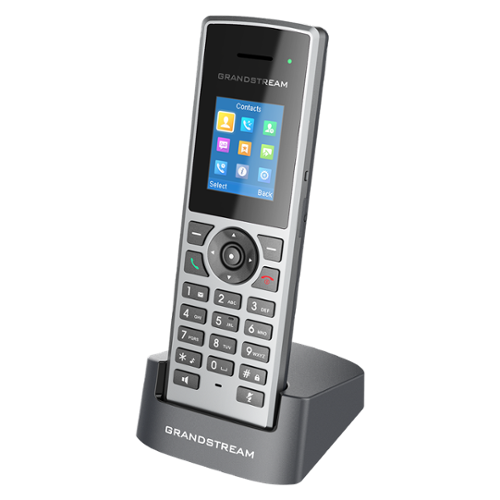
Pictured above Grandstream: DP752 DECT base station, DP730 IP phone, DP722 IP phone
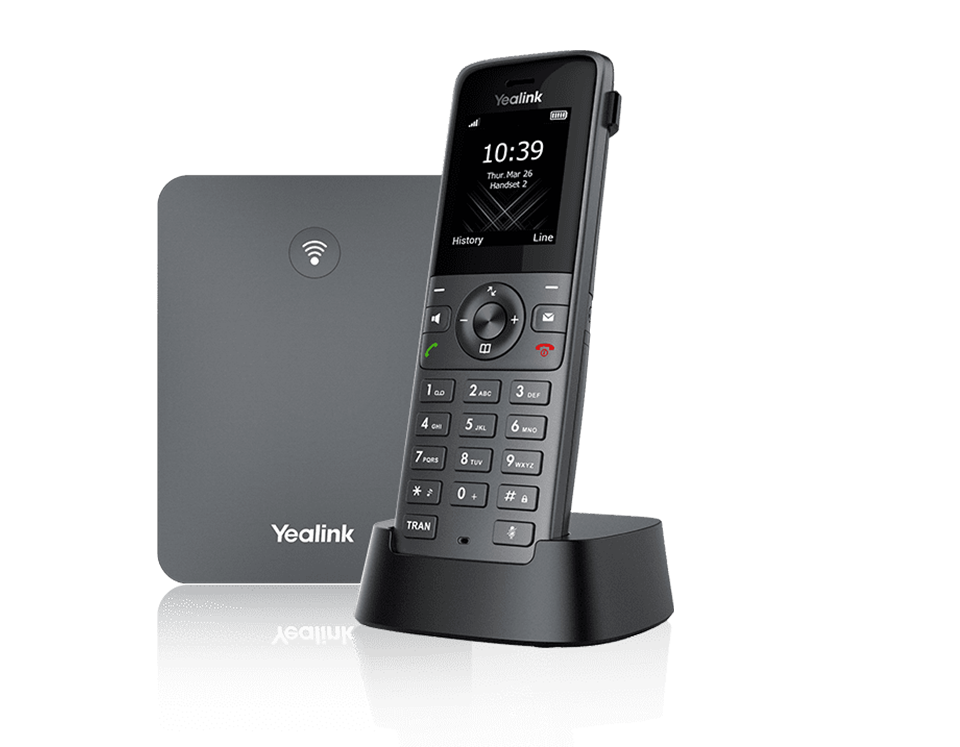
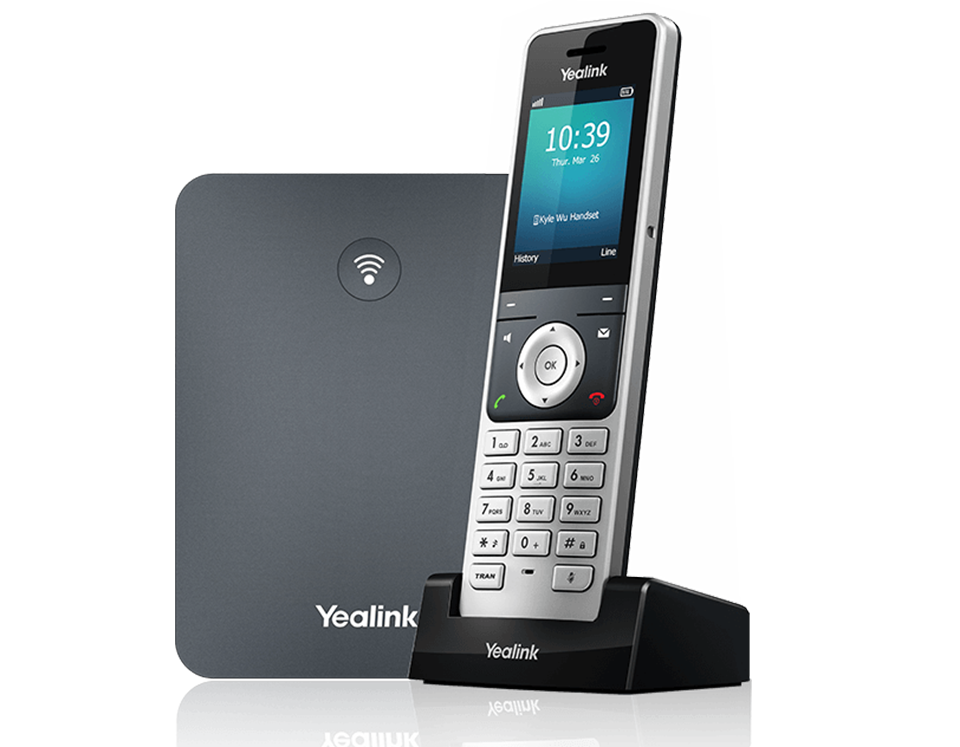
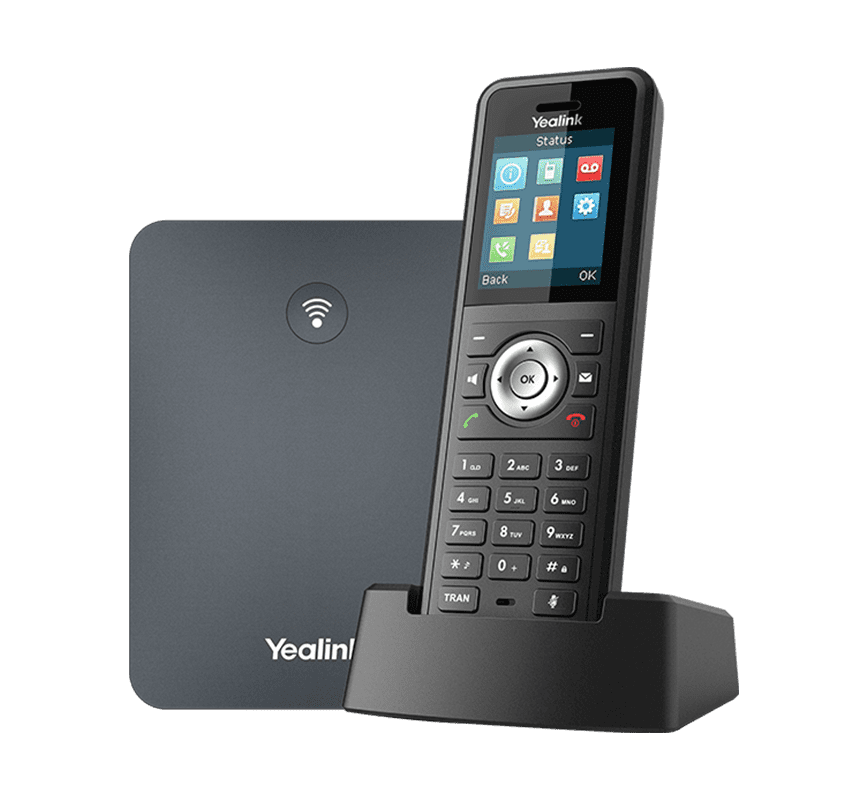
Pictured above Yealink: W73P, W76P, W79P
3CX Integration:
Yealink Bases – all current models have completed interop and are supported by 3CX.
Grandstream DP752 – there is a template available that has been created by Grandstream to work with 3CX although it is not officially supported by 3CX. Soft Solutions UC team do provide support if needed.
DECT Multicell
- Have multiple handsets that can connect to multiple base stations which allows for a longer distance of movement, especially for multi-storey premises.
- Have a main “DECT Manager” base that other bases will connect to.
- The hand-off between base stations is supported.
- Covers a wide range due to the ability to hand off between base stations.
Options are available in the Yealink range.
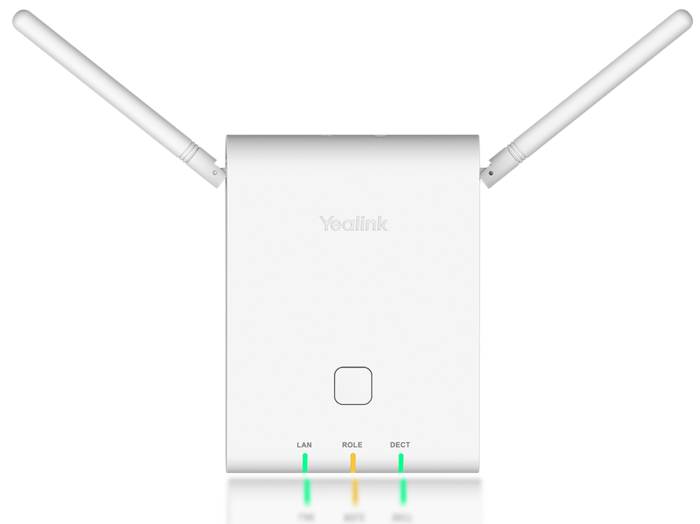
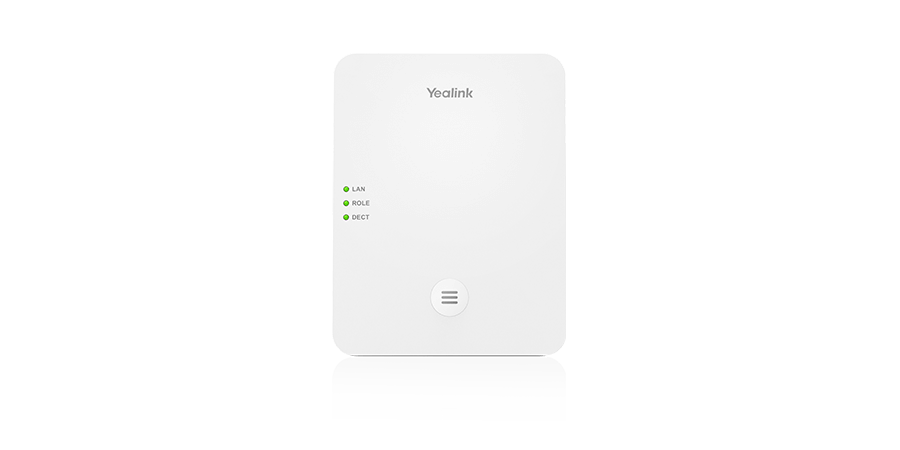
Pictured Yealink: W90 DECT multi-cell base station, W80 DECT multi-cell base station.
Note: The current handsets of W56H, W73H and W59R are compatible with these base stations and soon the W78H will be in NZ.
3CX Integration:
Yealink Bases – all current models have completed interop and are supported by 3CX.
Portable Wi-Fi
- Handsets connect to and hand off between the Wi-Fi Access points.
- Can add access points (Grandstream have access points too) to make a dedicated Wi-Fi network for voice devices. You’d want to hide the devices from the rest of the network to ensure there is always enough bandwidth and capacity for voice.
- Not limited to a base station – easy to move around a large building and move between floors for example.
Options are available in the Grandstream range.
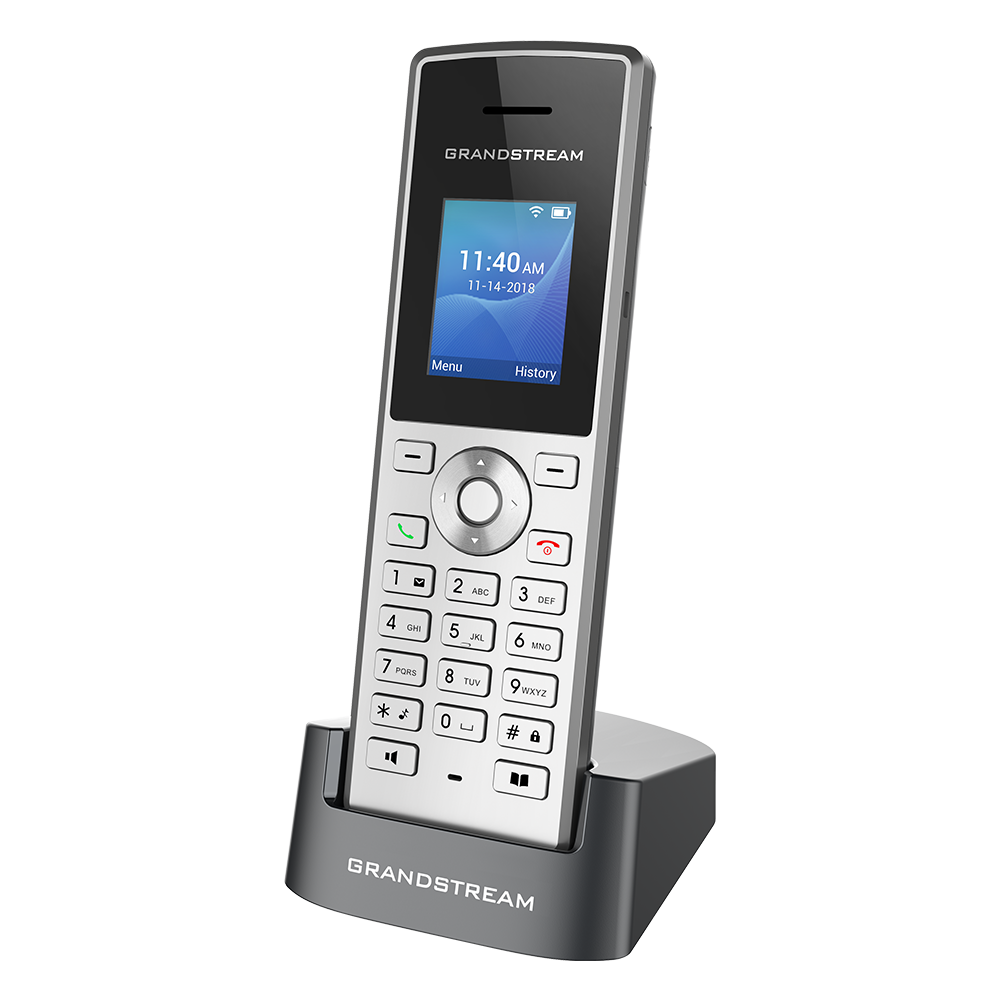
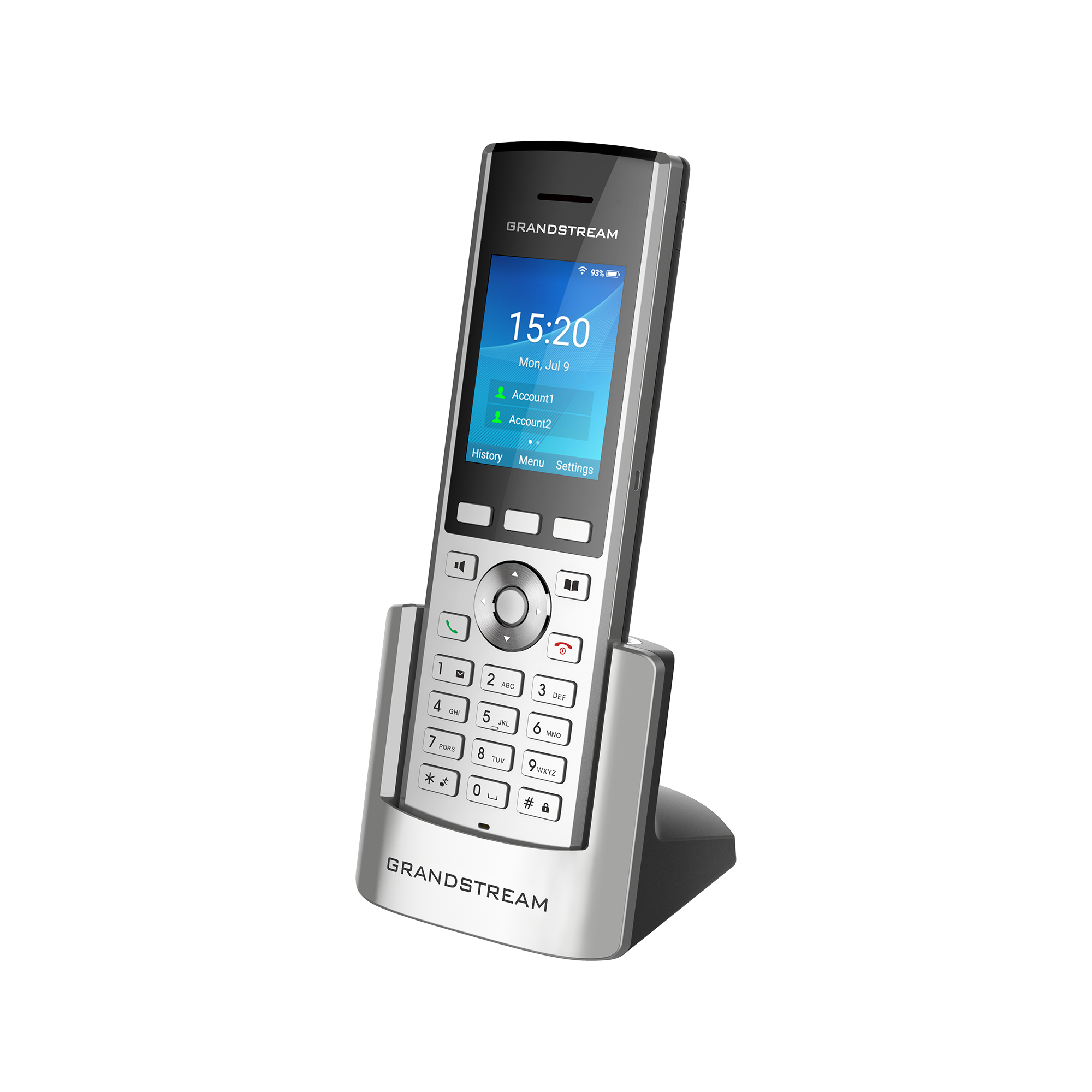
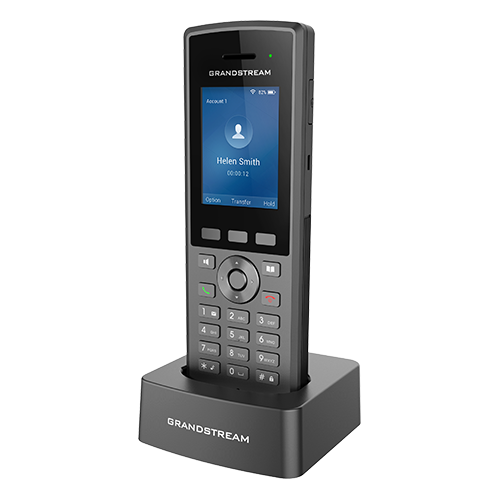
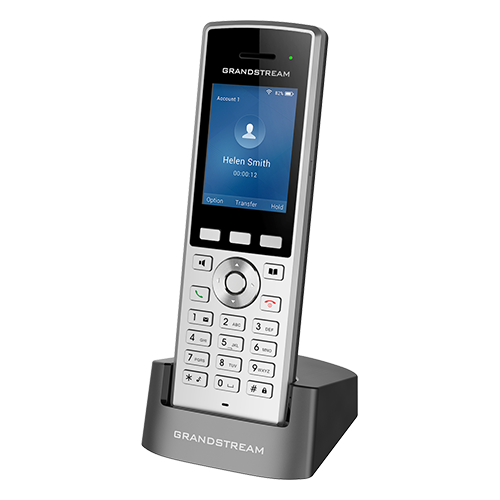
Pictured: WP810 (Linux based), WP820 (Android build), WP825 (Ruggedised), WP822 (Linux based)
3CX Integration:
While there is no interop with 3CX, Grandstream has created .fxs templates for 3CX integration. This is not supported by 3CX, but the Soft Solutions UC team do provide support if needed. We have several staff that use this configuration on a daily basis.
Choosing a portable phone
DECT Single cell
- Best for small to medium offices and environments. This would be where the requirement for the coverage space is not large, and staff don’t move around too much.
DECT Multicell
- Covers all sizes of organisations and is especially good in environments such as warehouses, logistics, industrial etc where the coverage required is broad with a size of a medium to a large number of users. With handoff between multiple base stations, it enables you to be able to go to different areas and floor levels with the phone while remaining connected.
Portable Wi-Fi
- Great for any size environment and gives the flexibility that either type of DECT solution would deliver. Whether there are a lot of APs in the environment or not, a portable Wi-Fi phone is a good option to recommend. There is the opportunity to also include a dedicated Wi-Fi network for voice. Portable Wi-Fi allows you to roam seamlessly and you are not tied to a base station.
When it comes to looking at what works best for your customer you need to factor in things such as their:
- Environment.
- Movement required by team members.
- Cost.
Our team is here to assist you in thinking about what is the right solution to offer. Would you like to know more? Reach out to us at uc@sofsol.co.nz.
